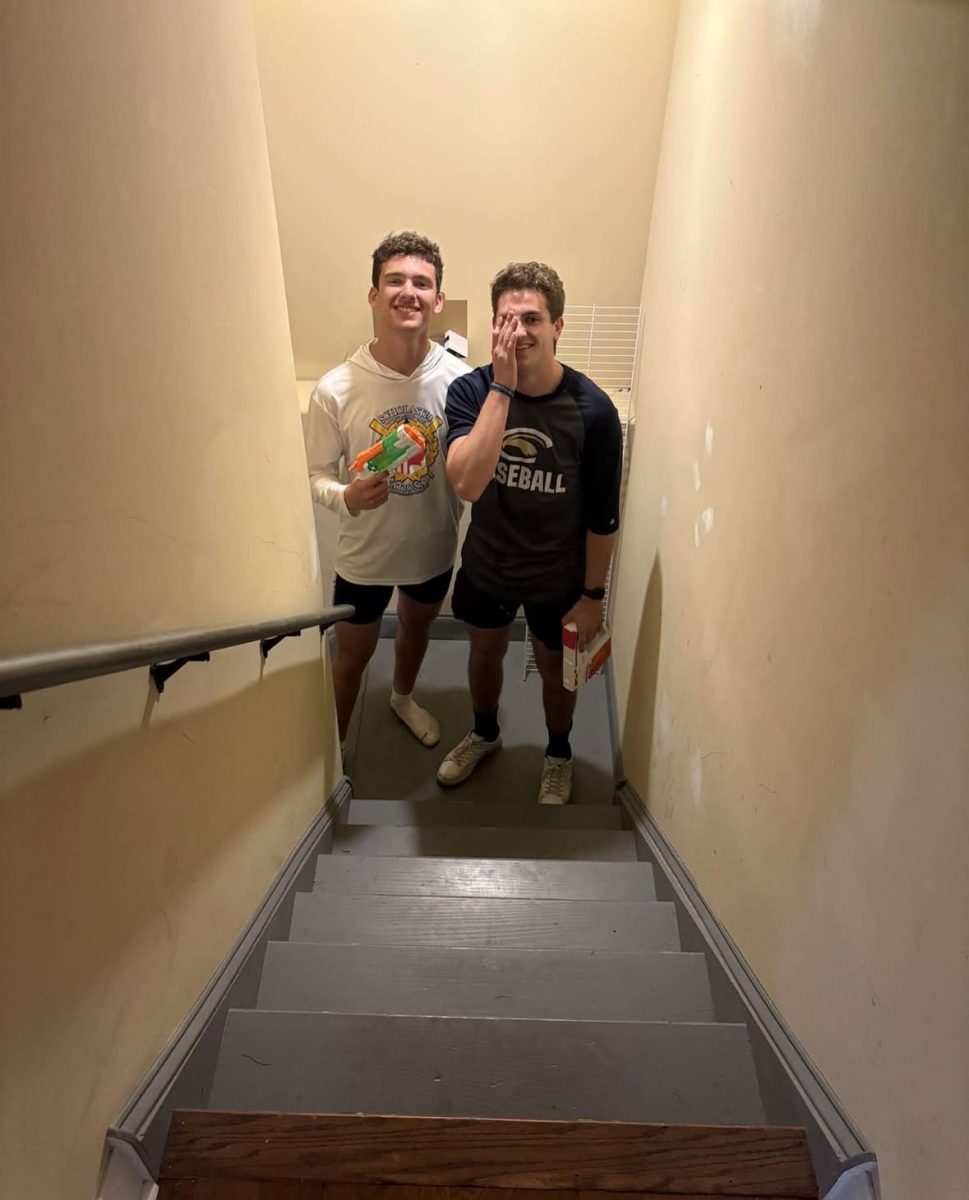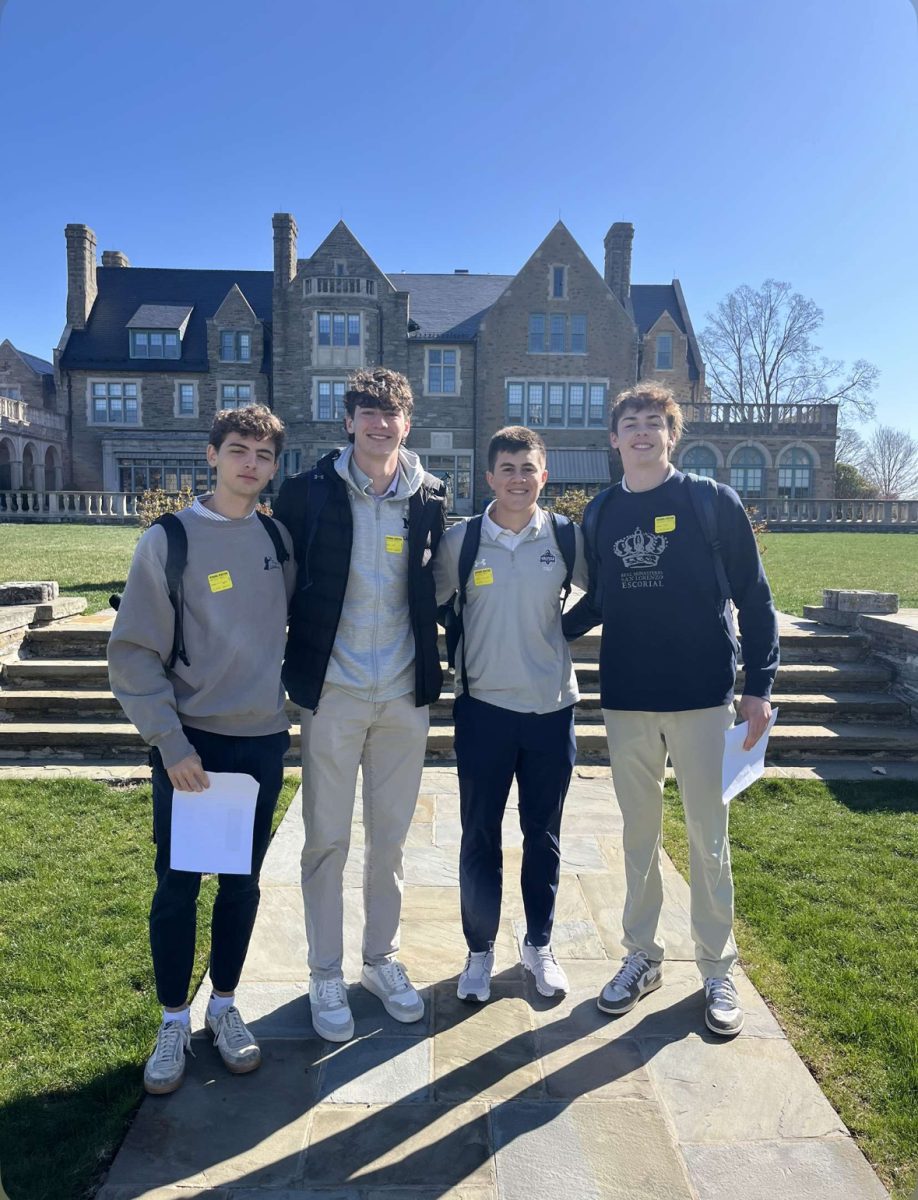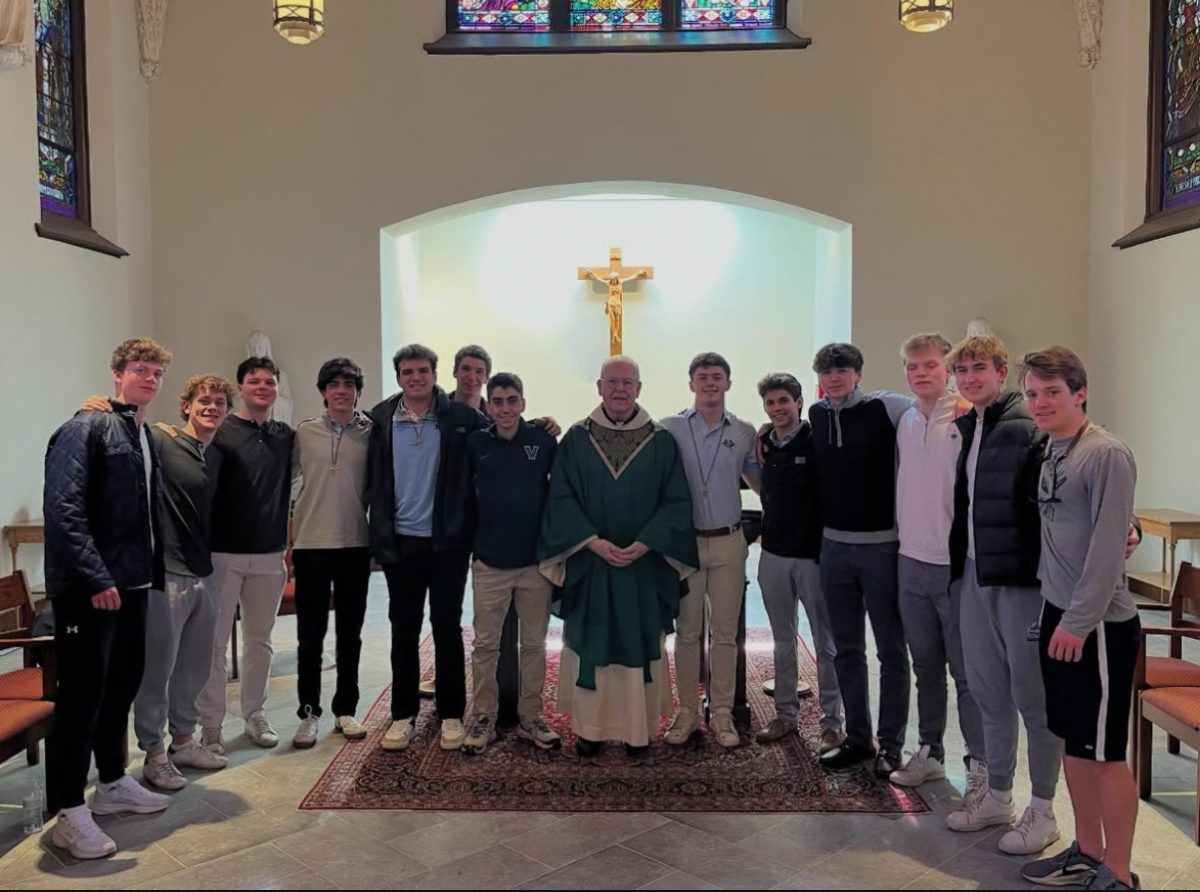As Malvern students, our definition of fraternity is more substantial that what we have seen in the headlines lately. Let’s keep it that way.
On February 2, 2017 at a Penn State University Beta Theta Pi pledge acceptance ceremony, sophomore Timothy Piazza, 19, passed away due to injuries caused by falling down a staircase while intoxicated.
According to a timeline by NBC News, Piazza fell down a flight of stairs leading to the basement after drinking a life threatening amount of alcohol during a hazing ritual at 11:22 p.m.
His fellow fraternity “brothers” witnessed it and did nothing. In fact, what they did to him was worse than doing nothing. After noticing several bruises on his body, his brothers threw Piazza down on a couch, tossed water in his face, and put a backpack on his back so that he wouldn’t roll over and choke on his own vomit.
[perfectpullquote align=”right” cite=”” link=”” color=”” class=”” size=””]
Malvern brothers are part of a family, and they should treat each other as they would treat their own family.
[/perfectpullquote]
One of the pledges approached the vice president of the fraternity saying that Piazza needed medical attention, but the pledge was pushed into a wall and told to leave. The pledge did not get help.
Soon after, the fraternity pledge master slapped Piazza three times in the face. Piazza did not respond. A few of the brothers started to get annoyed with Piazza after he threw up. They punched him in the gut.
Piazza stumbled to his feet and fell again—this time hitting his head on an iron railing. Piazza was now visibly bloodied and injured, passed out next to the railing. Yet his fellow brothers stepped over him on the ground, and posted Snapchat videos of his limp body. Even though he continued to not move, they didn’t call 911 until 10:48 a.m. the next morning.
Eighteen members of this Beta Theta Pi fraternity have recently been charged with crimes relating to Piazza’s death– eight of whom have been charged with involuntary manslaughter. The head of the fraternity– a Great Valley High School alumnus from Malvern, PA is facing a number of charges. The others face charges such as tampering with evidence, reckless endangerment, hazing, furnishing alcohol to minors, and unlawful acts relative to liquor.
These students are all facing serious jail time. Their lives have been changed forever because of that night.
We are not writing this to scare you or tell you that you can’t go to parties in college, Malvern. We are writing this because it could easily be you, a friend, or a classmate faced with the same decisions made by Piazza and his fraternity brothers. There are ways to prevent anything like this tragic, irresponsible death from ever happening again.
This is not just a Penn State problem. Hazing and other drinking related issues are bound to happen in the life of every single Malvern student.
Malvern prides itself on being a brotherhood. After partaking in the Brotherhood Ceremony as freshmen, we are expected to treat every other student as if they were a member of our own family. For the most part, we do a great job at holding to this relationship with our fellow Malvern brothers.
This bond is not meant to break the moment we step off of Warren Ave. We should act as brothers at sports games. We should act as brothers while hanging out at a friend’s house. We should act as brothers at prom after parties. We should act as brothers for a long time after we graduate.
The word “fraternity” stems from the Latin word “frater” meaning brother. A fraternity is most commonly known as a greek life organization in college. Yet at Malvern, we learn a different definition of fraternity. At the senior tribute, Fr. Flynn shared the phrase “fratres aeternum”— brothers forever—to describe the senior class, and as an aspiration for the underclassmen.
Fraternities are great places to build lasting friendships, and many fraternities do not have the problems that have resulted in the permanent ban of Beta Theta Pi from Penn State’s campus, or the tighter restrictions on all Greek life at Penn State.
However, the brotherhood we have become accustomed to at Malvern does not involve hazing underclassmen or forcing your fellow brother to drink an excess amount of alcohol.
Malvern’s brotherhood involves looking out for your brother when he is not doing well. Malvern brothers are told to go out of their way to go above and beyond in helping their fellow brothers. Malvern brothers are part of a family, and they should treat each other as they would treat their own family.
There are going to be parties over the summer, there will be spring and summer concerts in the city, and there will be frat parties when you’re at college. Use the brotherhood to look out for your brothers around you. Think of how the people around you are your “fratres aeternum” and treat them as your brothers forever.
For a brotherhood to succeed and build lasting friendships, there should never be hazing of the newest members. For a brotherhood to thrive, there needs to be love and respect among all members, from day one.
Malvern’s brotherhood is successful because of this love and respect. We look out for our fellow brother and we would not let them put themselves in a compromising situation.
This is what needs to continue on when we leave Malvern for the summer and when we leave Malvern for college. It is okay to say, “No, that’s not for me” when it seems we are expected to engage in activities that might be dangerous to ourselves or others. It is okay to look out for others, or to get help when someone needs it.
In fact, it’s not only okay to do these things. Our definition of brotherhood demands that we make choices that put ourselves and our brothers around us in the best positions possible.
When you are making all of the right choices, you are doing the most important thing Malvern teaches its students: how to be a brother.












